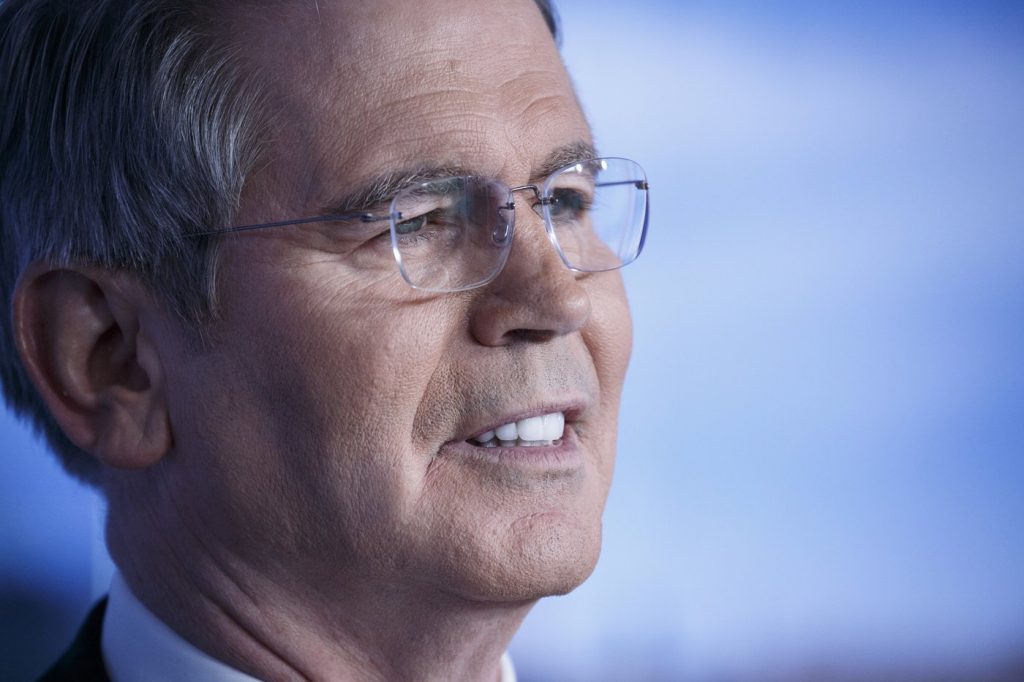The U.S. Department of Treasury announced on Thursday that it has imposed sanctions on a network of over a dozen individuals and companies that are accused of facilitating the shipment of millions of barrels of Iranian oil to China. This action is part of an ongoing effort by the U.S. to counter Iran's attempts to fund its military and nuclear ambitions through oil revenues.
The sanctions were implemented by the Office of Foreign Assets Control, targeting people and firms located in countries including China, India, and the United Arab Emirates. Among those sanctioned are Iranian and Indian citizens, as well as crew management firms and various ships associated with the oil shipments.
Treasury Secretary Scott Bessent stated in a news release that "the Iranian regime remains focused on leveraging its oil revenues to fund the development of its nuclear program, to produce its deadly ballistic missiles and unmanned aerial vehicles, and to support its regional terrorist proxy groups." Bessent, who criticized the Biden administration’s sanctions policies during his confirmation hearing, advocates for a more aggressive sanctions approach that includes measures against Iranian and Russian entities involved in the oil trade.
Additionally, State Department spokeswoman Tammy Bruce emphasized the U.S. commitment to using all available tools to hold the Iranian regime accountable for its activities, particularly its pursuit of nuclear weapons, which Bruce labeled as a threat to global stability. She stressed the necessity of disrupting the illicit funding mechanisms that Iran employs for its military endeavors.
Prior to the sanctions, President Donald Trump signed an executive order mandating the U.S. government to impose maximum pressure on Iran. During a press interaction, he expressed that the U.S. does not seek to adopt a tough stance on Iran or any other nation but remains firm on the principle that Iran must not acquire nuclear capabilities. Trump further indicated that he has instructed his advisers to take severe actions against Iran if any threats are posed against him.
Iranian officials, in response to the evolving situation, have implied that they are awaiting a signal from Trump regarding potential negotiations about their rapidly advancing nuclear program. This indicates a complex dynamic where diplomatic dialogue might still be on the table, despite the sanctions and aggressive rhetoric from the U.S. administration.
This recent development is part of a broader context of geopolitical tension involving Iran, particularly concerning its nuclear ambitions and regional influence. With the U.S. intensifying its sanctions and policy measures, the international community is closely monitoring the implications for both regional stability and global oil markets.










